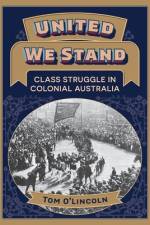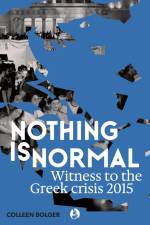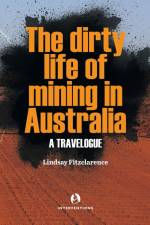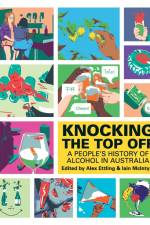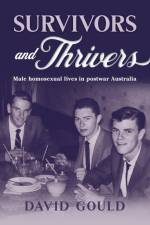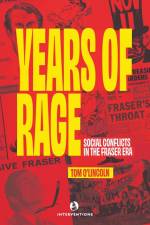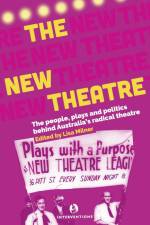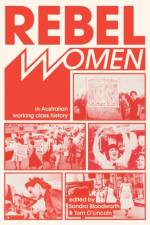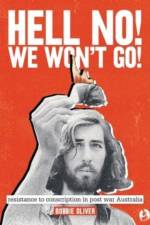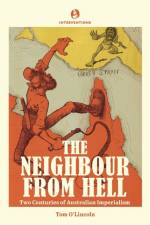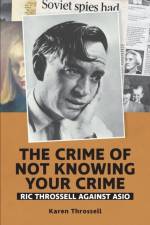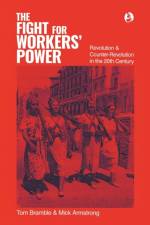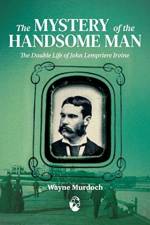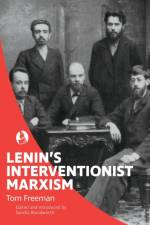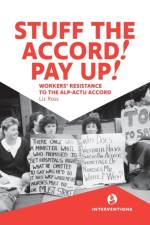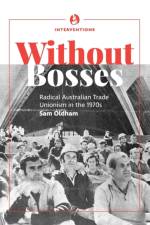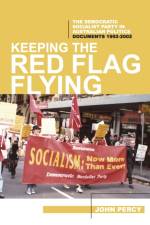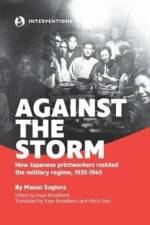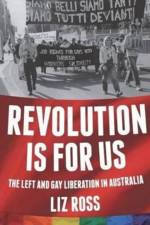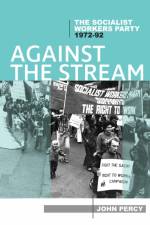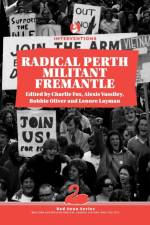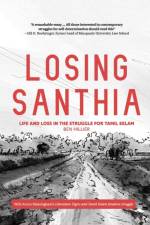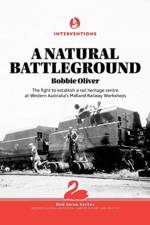av Alex Ettling
517
Knocking The Top Off: A People's History of Alcohol in Australia explores the changing nature of drinking in Australia and the role it has played in social and economic life over several generations. From the early days of colonisation through to the contemporary moment this heavily illustrated collection chronicles the ways in which alcohol consumption has impacted on, and been shaped by, changing patterns and notions of class, sexuality, gender, race, and culture. Stripping back dated stereotypes and defying received ideas, more than 20 contributors provide histories, essays and memoirs offering insights into the role of alcohol in creating, and at times derailing, contestation and change. Via short expositions and deep dives into incidents, periods, groups and individuals Knocking The Top Off looks at developments in Australian history from the vantage point of workers and marginalised communities, the exploited and oppressed. Alcohol's often contradictory place as a method of recreation, a means of social control, a symbol of equality and liberation, and a sharp point of debate concerning morality, commerce and health is explored. Similarly, the role of pubs, clubs and other alcohol based venues in fostering trends in music, art, and politics is uncovered, as well as their role as places in which exploitation and discrimination has been both reinforced and challenged. In exploring the who, what, where and why of intoxication this collection delivers an inclusive and incisive alternative history of Australia.

